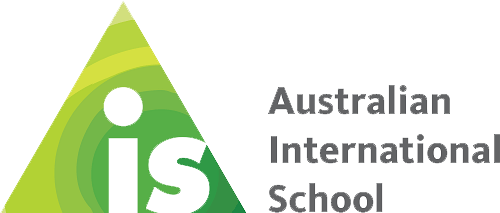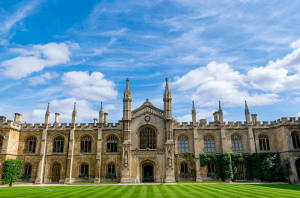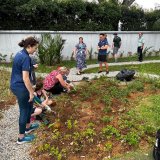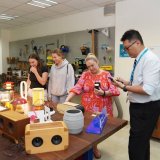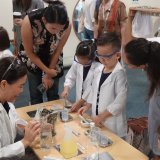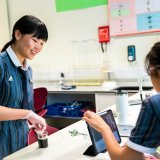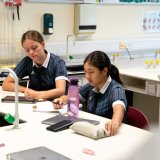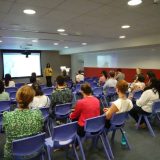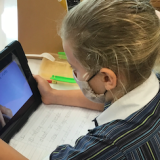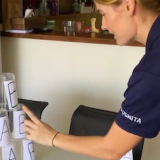Expat guide to universities in Singapore & beyond: which to choose!
Are you thinking about your future university plans?
Whether you have your heart set on a specific place or if you are still unsure about where you want to go, it helps to know more about your options so that you can make the best decision for yourself.
In Singapore, you have access to some great options because it is a key destination for education – that means you’ll have fantastic opportunities for further studies and a chance to lay your foundation properly.
With three main pathways to choose from, you will be able to find a suitable choice.
The 3 university education pathways in Singapore & beyond
1. Local universities
Singapore has four major local universities – National University of Singapore (NUS), Nanyang Technological University (NTU), Singapore University of Technology and Design (SUTD) and Singapore Management University (SMU).
If you are planning to launch a career and live in Singapore as a fresh graduate, having a degree from a local university would give you the upper hand as employers – especially in government bodies – tend to view it as the more prestigious certification.
However, as the education system’s standards are high in Singapore, it could be challenging to secure a spot in a local university as many students would be vying for that coveted spot.
Studying in a local university would set you back anywhere from $25,000 for a 3-year course to $39,000 for a 4-year course.
2. Private universities
Another option you can consider is pursuing your degree in a private university.
In Singapore, your options include institutions such as PSB Academy, SIM Global Education and MDIS.
If you prefer a faster route, private universities could potentially offer that as there is the option of picking a short degree course which you can complete within 12 months, equivalent to a final year of a bachelor’s degree course. Having said that, it would also depend on the field of study and your prior qualifications.
Should you decide to study in a private university in Singapore, expect to pay anywhere from $16,000 to $65,000 for a full-time course.
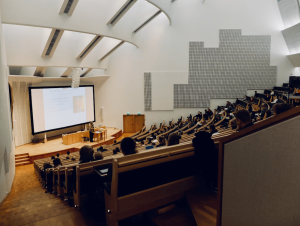
3. Overseas universities
If you plan to further your studies abroad, you can also consider doing so in an overseas university – the University of Sydney in Australia, University College London in the United Kingdom or Massachusetts Institute of Technology in the United States.
Apart from obtaining your degree, studying abroad would also help with your personal growth and development, as well as gain a global perspective while having the adventure of your lifetime!
However, studying abroad can be costly if you factor in the cost of airfares, accommodation or rent and your daily expenses, should you decide to travel within the country on weekends or in between semesters.
All universities accept IB (International Baccalaureate)
Regardless of whether you wish to pursue your degree in Singapore or overseas, one thing’s for sure – an IB Diploma can help you to make it to your dream university. You don’t need to sit for the A-levels to enter a Singapore university.
Founded in 1968, the IB provides high-quality and challenging educational programmes at every stage of the child’s academic journey while offering a holistic educational environment.
It is known for its high academic standards and mission to develop global citizens of the 21st century, with a curriculum that places great emphasis on cultivating creativity and imagination.
IB Singapore schools offer there are three main different levels of programmes:
- IB Primary Years Programme (for students from Grades 1 – 5)
- IB Middle Years Programme (for students from Grades 6 – 8)
- IB Diploma (for students from Grades 11 – 12)
Recognised in all of Singapore’s major universities as well as many world-class education institutions worldwide, the IB will open many doors and options for your future.
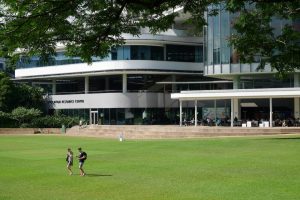
Give yourself a head start with AIS
Now that you have a better idea about your Singapore university options, it’s time to take the next step towards the next chapter of your study journey.
At AIS, we are committed to providing the best IB education that will help students study in their dream university, be it locally or internationally.
Get started by booking your tour today!
